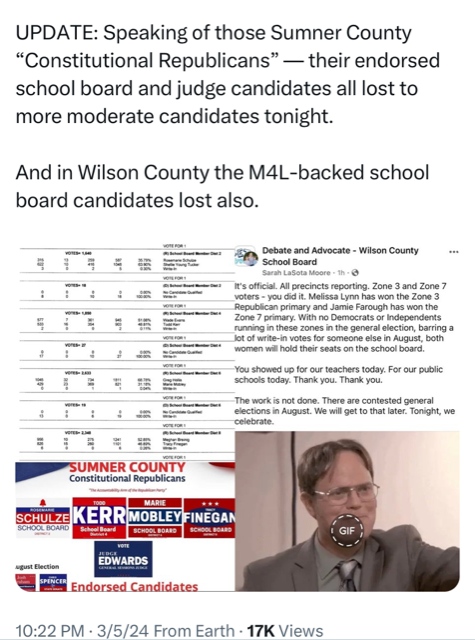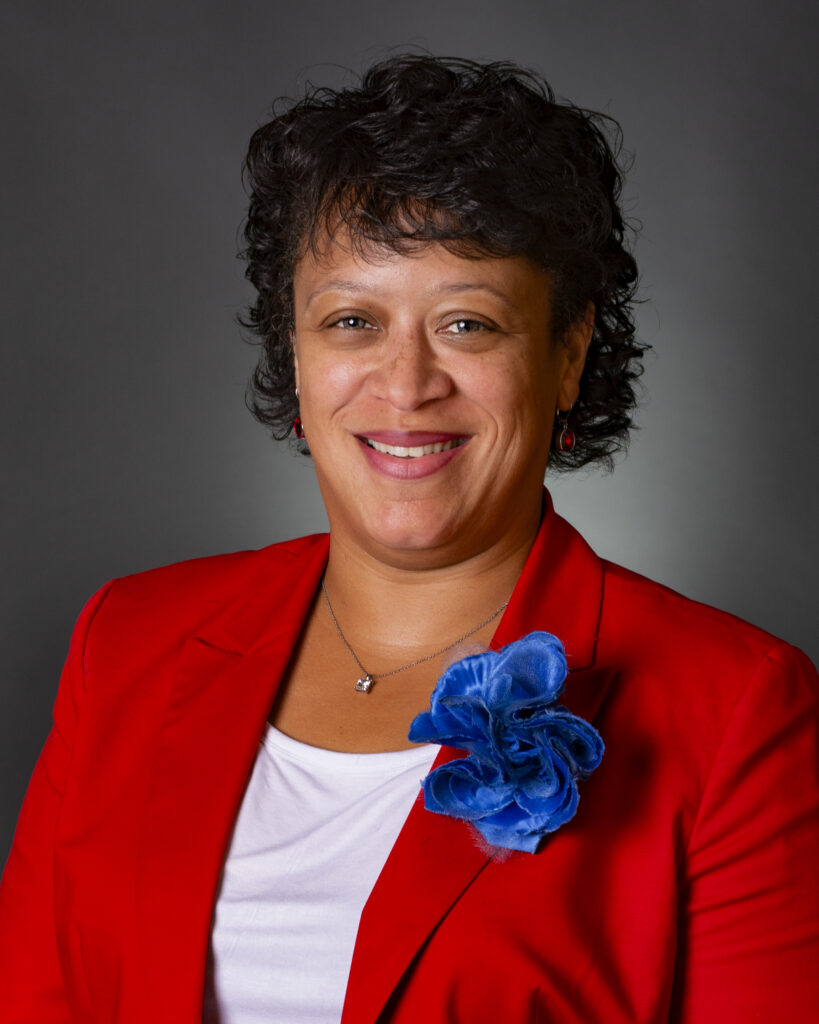Schools without teachers are here
The schools of the future are here – in Arizona, at least.
That is, schools without teachers. Schools where students zone-in on a device for two hyper-focused hours and then play Dungeons and Dragons or use a rock climbing wall the rest of the day.
Adults are in the building – but for emotional support and supervision, not for teaching.
Unbound Academy, which also operates in Texas and Florida under the name Alpha Schools, claims that kids can learn twice as much using a two-hour learning plan that gets customized by an AI program instead of a traditional human teacher in front of a classroom.

MORE EDUCATION NEWS
Bill Lees Track Record on School Funding is Just Plain Sad
In Response to Trump’s Education Secretary







